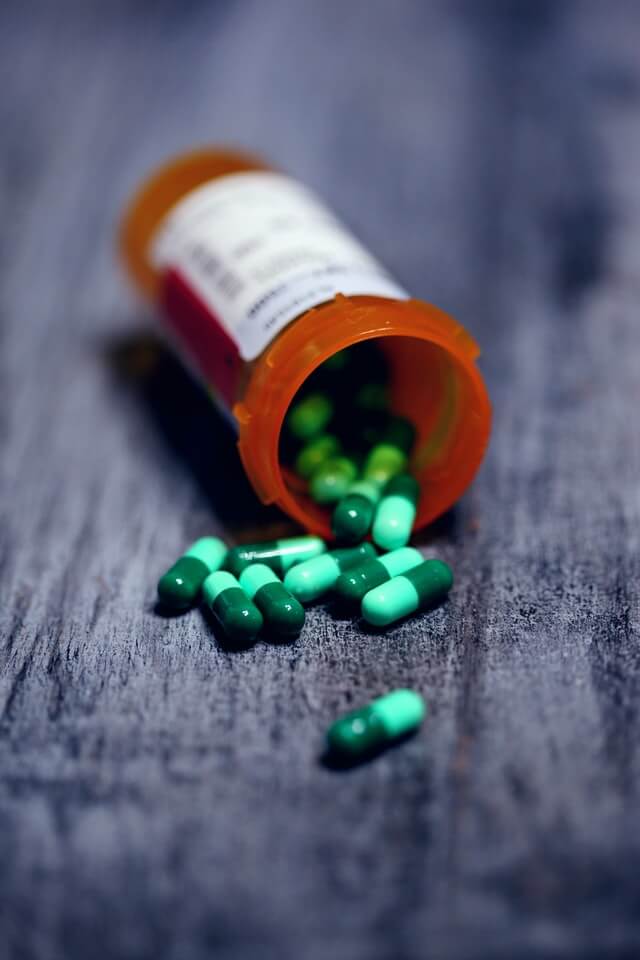According to National Institute on Drug Abuse (NIDA) DrugFacts, prescription drug misuse and abuse is when someone takes a medication inappropriately (such as without a prescription or in a manner different from instructed). In 2014, more than 5,700 young people reported using prescription pain relievers without a prescription or doctor’s advice for the first time. Many people, including adults, believe that just because a medicine is recommended by a doctor it is safer, but there are many dangerous side effects of common medications.
Stimulants have side effects similar to those found with cocaine, which may include paranoia, dangerously high body temperatures, and an irregular heartbeat. This is especially true if stimulants are taken in large doses or ingested in a form other than swallowing a pill. Prescription stimulants include medications for ADHD and narcolepsy, including Adderall, Ritalin, and Dexedrine. They are also taken short term to treat obesity.
Opioid pain medications, which includes OxyContin, Vicodin, codeine, morphine, and methadone, can cause drowsiness, nausea, constipation, and, depending on how much was taken, slowed breathing.
Depressants, or medications that help you sleep or calm anxiety, can cause slurred speech, shallow breathing, fatigue, disorientation, lack of coordination, and seizures, particularly after withdrawal from chronic use. Some examples are Valium, Xanax, Halcion, Ativan, Klonopin, Ambien, and Restoril.
One way to prevent teens from misusing medication is by educating them. For example, many teenagers believe that taking ADHD medicine will give them more energy and focus, allowing them to do better in school. Talking with them and dispelling these sorts of myths can be a valuable prevention tool.
Safeguard the medication in your home. Teens get some of their drugs from friends, but they’re also likely to go shopping in your medicine cabinet. Pay close attention to what medicines you have and how much of them are remaining. If you have medications that you no longer need, dispose of them safely by doing the following: Remove the medicine from its original container, then mix it, without crushing the pills, with something no one would want to consume, such as dirt, used coffee grounds or kitty litter. Place it in a sealable bag or container and dispose of it in the household trash. You could also pick up a DisposeRx, a packet available at Walmart that contains materials that turn solid when water is added along with your medication. Alternatively, CVS and Walgreens have kiosks where you can dispose of medicine.
Treat your prescription medication like anything else you wouldn’t want to be stolen. Consider storing it in a safe or locked cabinet. If your child has their own prescription, be sure to monitor it closely, or even keep it in your possession and dispense it as necessary.
If you or a loved one need help with quitting drugs or alcohol, consider Asana Recovery. We offer medical detox, along with both residential and outpatient programs, and you’ll be supervised by a highly trained staff of medical professionals, counselors, and therapists. Call us any time at (949) 438-4504 to get started.



